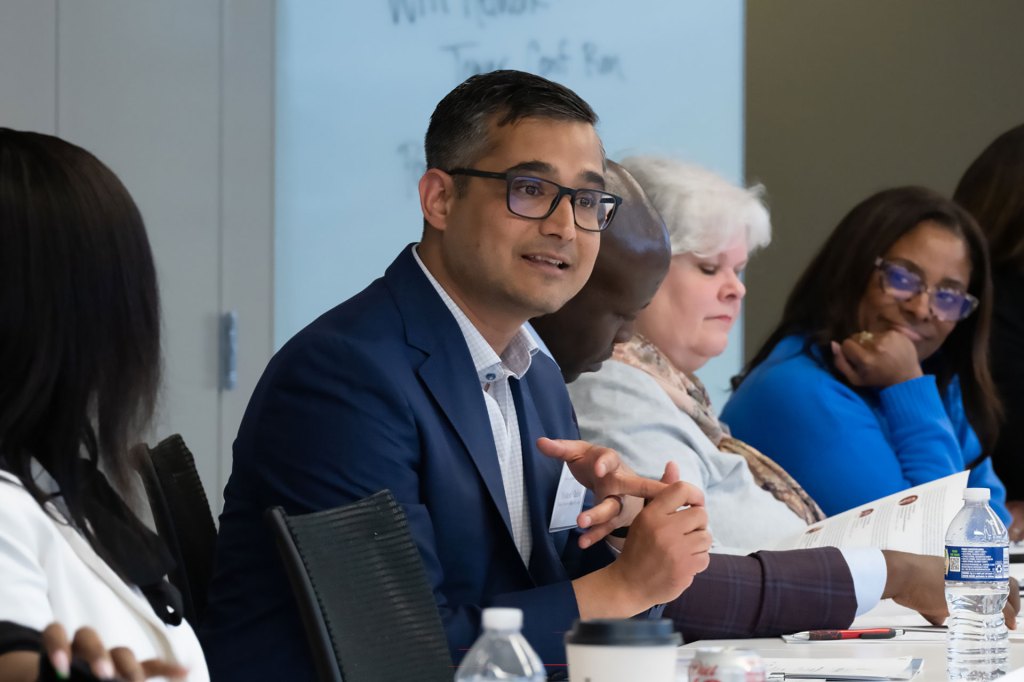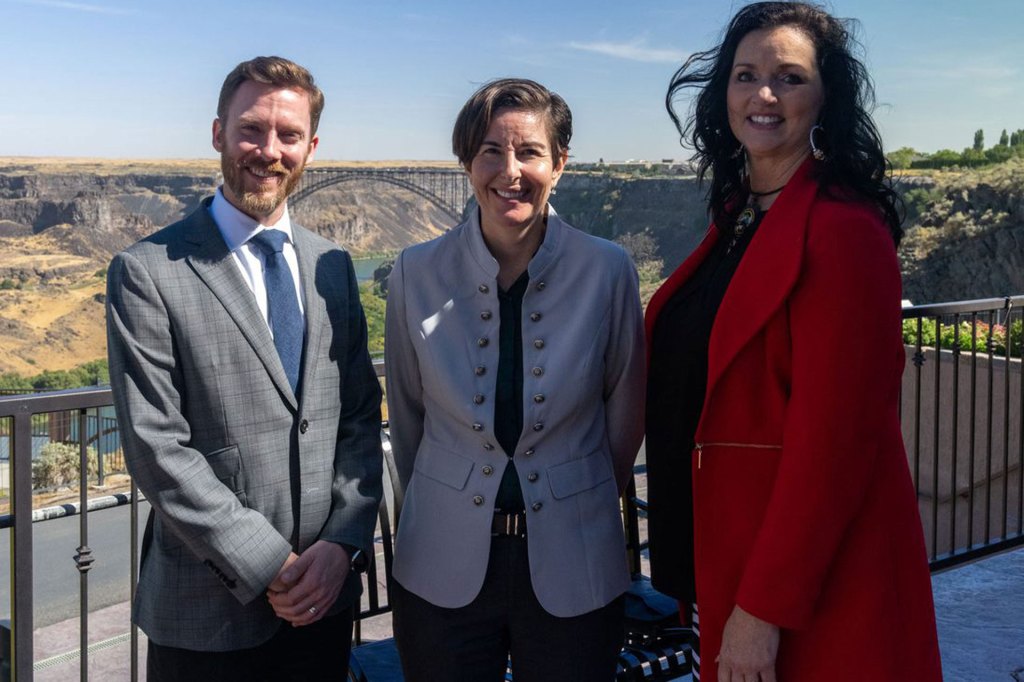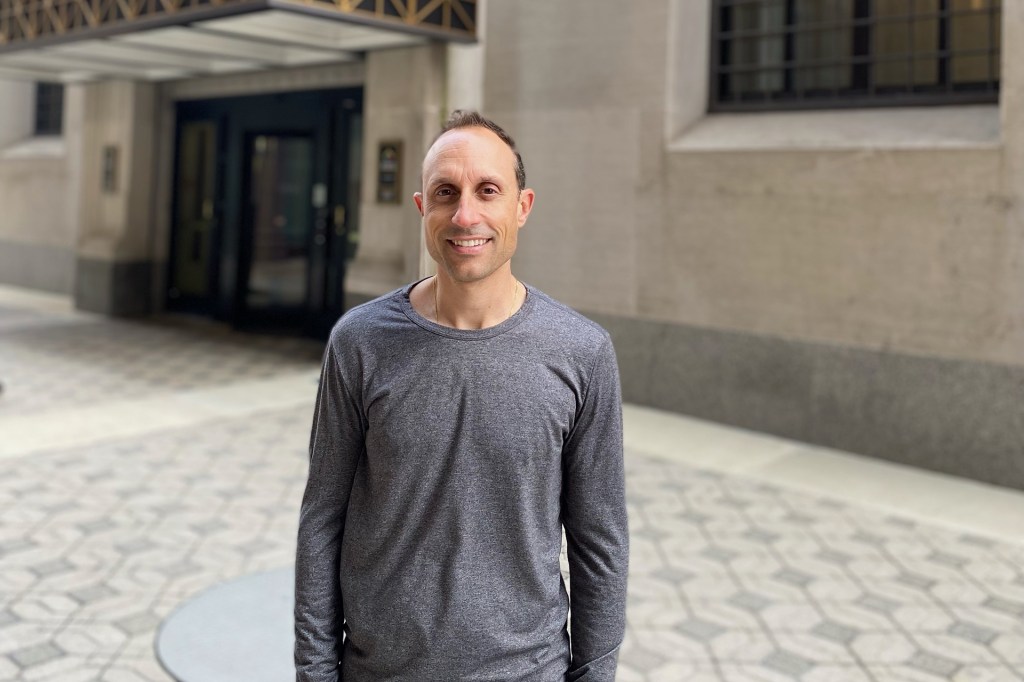St. Louis Fed
-
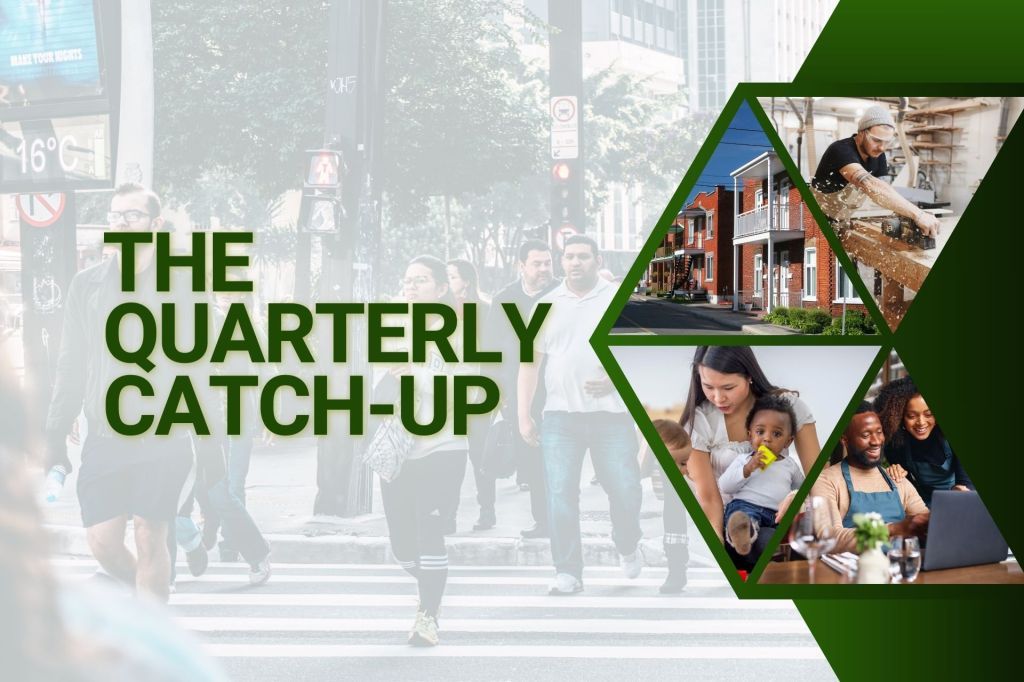
The quarterly catch-up, Q2 2024
Check out the latest community development-related research, analyses, and articles from all 12 Federal Reserve Banks and the Board of Governors. This post captures content published between April 1 and June 30, 2024, on topics affecting marginalized communities.
-

Facing the future solo: Understanding obstacles for single women and retirement
Women encounter specific challenges in retirement planning, including pay and wealth disparities that affect their savings and financial stability.
-
![[Watch] The Changing Landscape of In-person Banking](https://fedcommunities.org/wp-content/uploads/2024/03/connecting-communities-banking-deserts.png?w=1024)
[Watch] The Changing Landscape of In-person Banking
In a recent Connecting Communities webinar, experts discussed how US bank branch closures affect lower-income, rural, older, and disabled customers. They highlighted the value of in-person banking and tools like the Fed’s Banking Deserts Dashboard. Watch on demand.
-
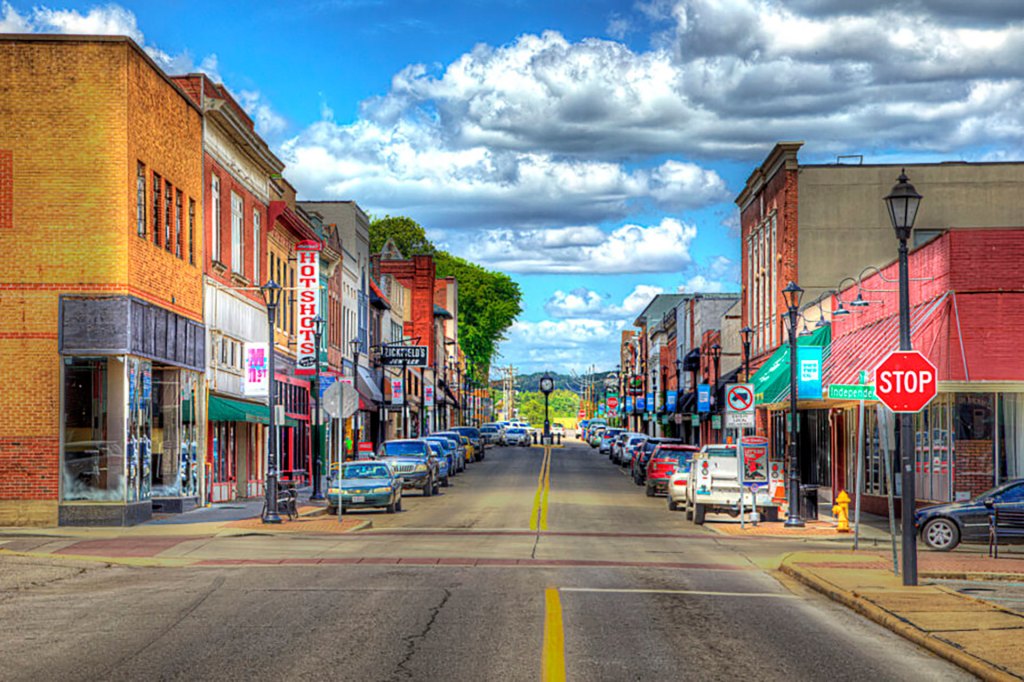
Recipes for rural prosperity as populations change
Some rural areas are shrinking as young people move away, while others are absorbing an influx of newer US residents. What should rural communities consider as their populations shift?
-

Lifting voices: The power of Fed community development advisory councils
The Fed involves community development advisory councils to consider diverse perspectives from low-income communities when making decisions about monetary policy.
-
![[Watch] A Community Approach to Disaster Recovery](https://fedcommunities.org/wp-content/uploads/2023/05/diaster-recovery-cc.png?w=1024)
[Watch] A Community Approach to Disaster Recovery
Recovering from natural disasters can be difficult for underserved communities, with limited access to disaster funds & insurance. The Federal Reserve & FEMA share how their programs can help low- to moderate-income communities respond. Watch or listen on demand.
-

The economic realities faced by LGBTQ+ adults
When it comes to financial security, LGBTQ+ adults have fewer resources than their non-LGBTQ+ counterparts. Not only do disparities in financial well-being exist between these two groups, but evidence also suggests inequality in mental health.

